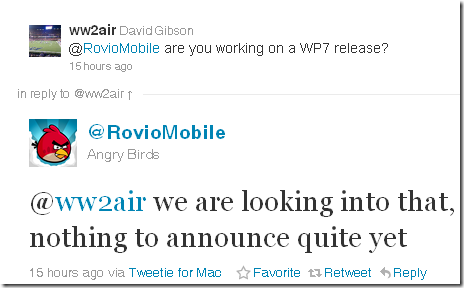Microsoft May Use OpenMobile's Application Compatibility Layer To Run Android Apps On Windows?
2 min. read
Published on
Read our disclosure page to find out how can you help MSPoweruser sustain the editorial team Read more

We have come across few reports in the past that Microsoft is working on the next version of Windows codenamed Threshold that can run Android apps without any modification. Hal Berenson, a former Microsoft employee recently published a blog post on current state of Windows/Windows Phone and how Microsoft may move with the upcoming major release. In that post, Hal said that Microsoft might be depending on OpenMobile’s Application Compatibility Layer to enable Android apps on Windows. ACL does not use any virtualization or emulation techniques, instead it integrates the Android application runtime into native Windows.
OpenMobile’s solution uses the Android open source project (AOSP) app management software as the base for ACL. Utilizing the Dalvik virtual machine and all required Android runtime libraries from AOSP, ACL will enable Android apps on any non-Android operating system, including Windows.
Even though enabling Android apps on Windows will further alienate developers from developing native apps for Windows, this move should save Microsoft from becoming irrelevant in the smart devices world where Android is currently dominating. If Android apps compatibility brings more users to the Windows platform, then the developers may be forced to develop a high performance native app for Windows.
Hal’s commented the following this strategy,
So the strategy of running Android apps on Windows Phone is risky, but when you have 3% market share how much risk is it really? And to be clear, closing the app gap is not all that it will take to grow Windows Phone’s market share. But failure to close the app gap certainly dooms the platform.
What do you think?








User forum
0 messages